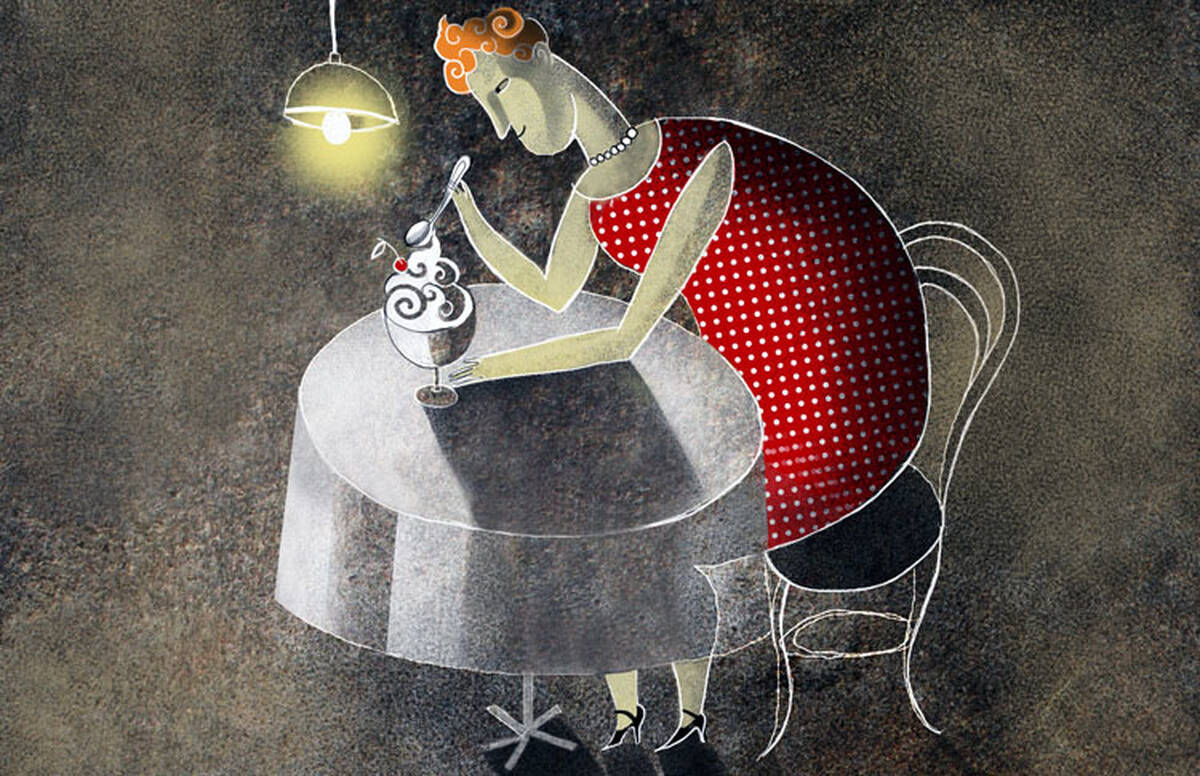Featured Faculty
Henry Bullock Professor of Finance & Real Estate; Director of the Crown Family Israel Center for Innovation; Co-Director of the Guthrie Center for Real Estate Research

Yevgenia Nayberg
Now that the court has ruled against Ben & Jerry’s bid to block ice-cream sales in the West Bank, it is time for Ben & Jerry’s parent company, Unilever, to make some tough decisions.
The unusual bid to block its parent company was just another episode in Ben & Jerry’s serial drama. It is unusual for a wholly owned subsidiary to have an independent board of directors, responsible for protecting the subsidiary’s “core values.” It is unusual to see a wholly owned subsidiary suing its parent company for violating those “core values.” And it is unusual to see a world-class global firm such as Unilever being tangled in an intercompany melodrama. It is time for the series finale: Unilever should divest Ben & Jerry’s.
The current crisis began about a year ago when Ben & Jerry’s board decided to cancel its license with its Israeli affiliate. When founders Bennet Cohen and Jerry Greenfield (aka, “Ben and Jerry”) turned the company over to Unilever in 2000, the acquisition agreement laid out a unique governance structure that retained the company’s independent board of directors, responsible for protecting the company’s brand and pursuing ESG efforts. But Unilever has a fiduciary duty to its shareholders—and the independent board’s actions are putting these shareholders in jeopardy.
Unilever is a global conglomerate, and the primary reason conglomerates exist is for the whole to be greater than the sum of its parts: having different businesses under the same management can lead to cost savings and increased productivity for individual units. When it acquired Ben & Jerry’s in 2000, Unilever managed to use its global network and supply chains to accelerate the Vermont-based, hippie-inspired ice-cream maker’s expansion into the world’s largest markets. A few years after the acquisition, sales had more than doubled and operating margins had tripled. But then Ben & Jerry’s decided to sue its parent company.
To paraphrase Leo Tolstoy, “All happy conglomerates are alike.” However, “each unhappy conglomerate is unhappy in its own way.” In fact, the recent lawsuit by Ben & Jerry’s against its parent company seems to suggest that Ben & Jerry’s does not view itself as a part of the Unilever family at all.
So, what could happen next?
Unilever can try to terminate the old arrangement that allows Ben and Jerry’s independent board to take Unilever shareholder hostages. This seems like the ideal solution. After all, there is no argument that Ben & Jerry’s ice cream isn’t tasty, it is just that the recent lawsuit against its parent is hard for the shareholders to swallow.
Why would any investor want to buy a company that filed an injunction against its last owner?
— Effi Benmelech
Another option is for Unilever to divest Ben & Jerry’s. One way to do this would be to divest Ben & Jerry’s in a private transaction—say, in a private equity deal. The problem with this solution is that it is unlikely that a private acquirer will agree to keep Ben & Jerry’s independent board, or that it will be very committed to Ben & Jerry’s core values and ESG initiatives.
The second way to divest is for Unilever to spin off Ben & Jerry’s as a standalone, publicly traded company. But the ice-cream maker’ previous track record as a publicly traded firm could hurt its appeal to investors. While Ben & Jerry’s has indeed had a long tradition of social responsibility, particularly with respect to environmental and social endeavors, the “governance” component of ESG has too often fallen by the wayside.
Prior to its acquisition, Ben and Jerry’s had a staggered board of directors, with three separate “classes” of board members, only one of which was ever up for election at a time. Such a structure made it difficult for shareholders to elect directors that could have been instrumental in shaping its corporate strategy. Moreover, the board of directors was controlled by corporate insiders. In addition, the company had three equity classes. While Class A followed the one-share-one-vote rule, Class B had 10 votes per share and was controlled by the two founders, who along with another company insider, held 47 percent of the voting rights, with only 17 percent of common equity outstanding. The third class was held by the Ben & Jerry’s foundation, a community action group controlled by—you guessed it—Ben and Jerry.
Investors tend to have a good memory. And while not all investors remember Ben & Jerry’s governance track record from more than two decades ago, they probably are following the current legal proceeding. Unilever owns 100 percent of the equity capital of Ben & Jerry’s. Why would any investor want to buy a company that filed an injunction against its last owner?
Twenty years after the acquisition, it may be time for Unilever to divest the Vermont-based ice- cream maker. The only question is whether there will be anyone to buy it.
*
This article originally appeared in Forbes.